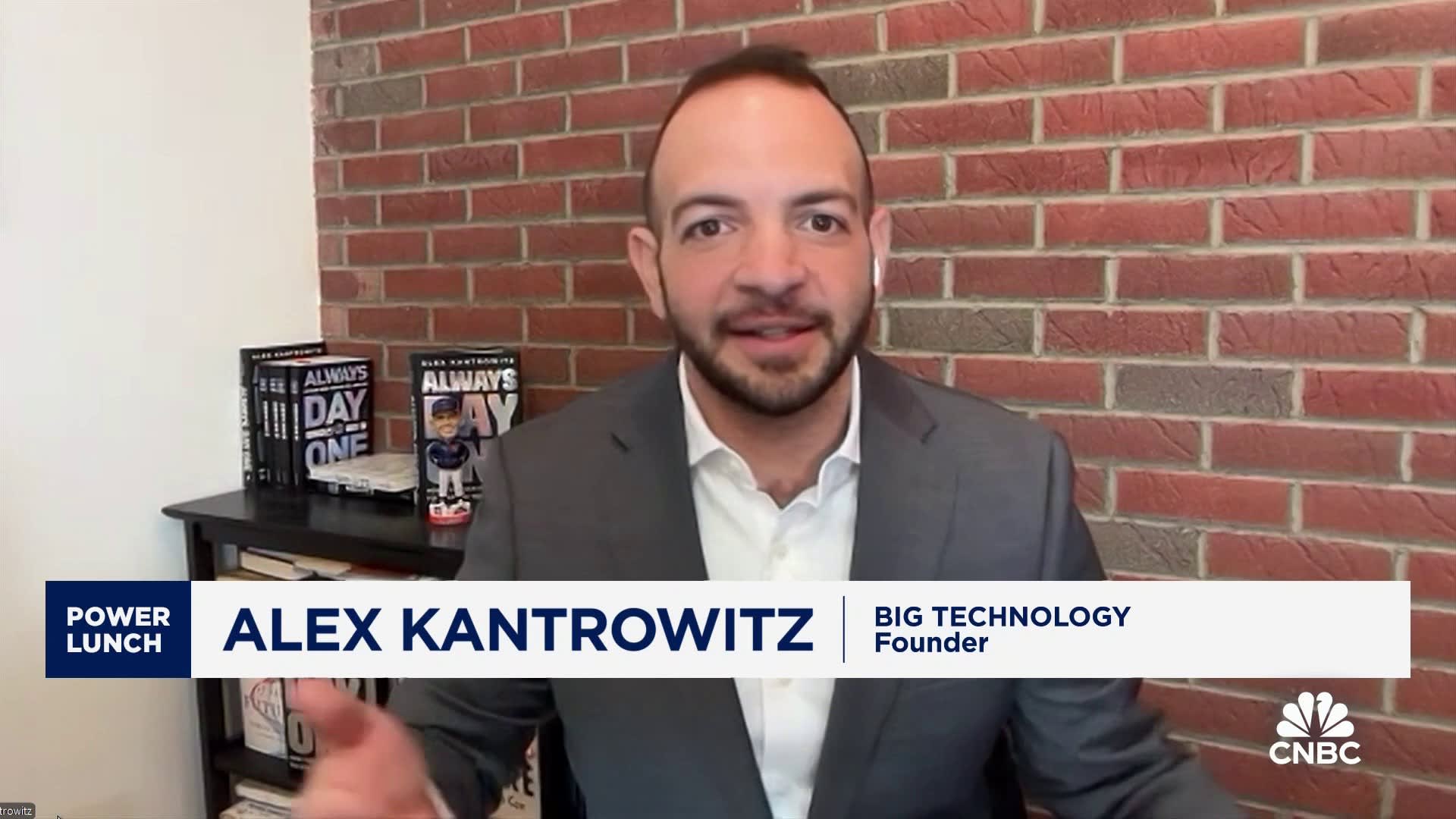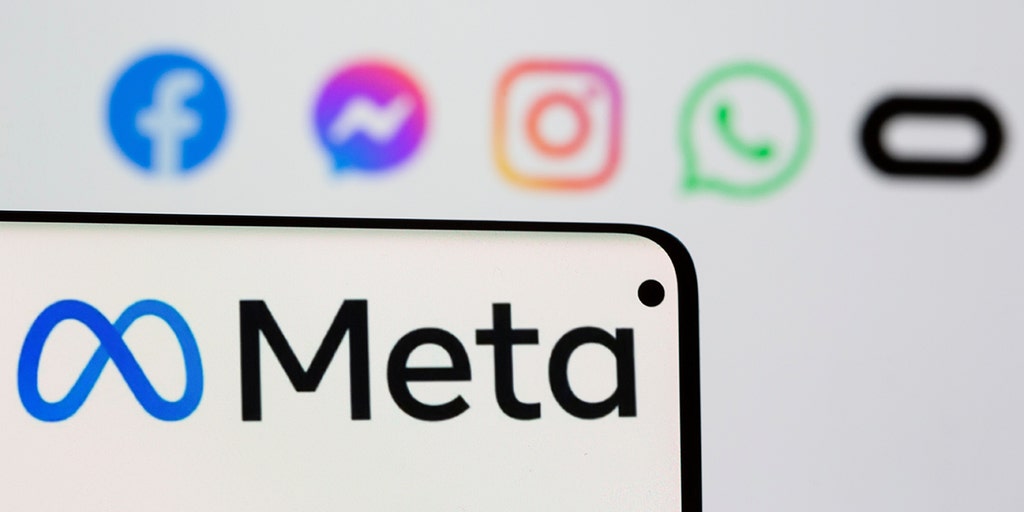The Changing Landscape of DEI in Tech
The tech industry’s relationship with diversity, equity, and inclusion (DEI) has shifted dramatically. Once a focal point for major companies, DEI efforts are now being scaled back as businesses navigate legal risks and a changing political landscape. Industry giants like Google, Meta, and Amazon have begun dismantling or reframing their diversity programs, citing evolving legal and policy considerations. This shift raises pressing questions about the future of workforce representation and tech’s broader role in shaping societal values.
The Rise and Decline of DEI Initiatives
From Bold Goals to Uncertainty
In the past decade, mounting criticism over the industry’s lack of diversity led companies to set bold representation goals. However, as political dynamics evolve, particularly under President Trump’s second administration, many firms are reassessing these commitments. Meta has disbanded its DEI programs entirely, while Amazon is reducing certain initiatives to focus on those with measurable outcomes. These decisions indicate a growing corporate hesitancy to engage in initiatives that could carry legal or reputational risks.
Impact on Underrepresented Groups
The consequences of this pullback extend beyond tech itself. A weaker commitment to diversity affects the entire ecosystem supporting underrepresented groups. Nonprofits dedicated to bridging the tech gap—such as Girls in Tech and Women Who Code—are now facing reduced corporate sponsorships. At the same time, DEI efforts have become deeply politicized, leading companies to tread cautiously. The shifting landscape presents a challenge not just for workplaces but for the broader movement advocating for equitable opportunities in the industry.
Balancing Ethics and Business Considerations
There are also ethical and business considerations intertwined with these changes. Research consistently links diversity to improved business performance, with studies showing that diverse teams drive stronger financial results and innovation. However, with affirmative action policies being dismantled and new legal uncertainties arising, companies are increasingly prioritizing risk mitigation over long-term benefits. This tradeoff raises concerns about the industry’s direction—whether businesses are reacting to external pressures or genuinely rethinking their approach to inclusion.
The Future of DEI in Tech
Navigating a Shifting Narrative
Looking ahead, the way tech companies navigate this transition will be telling. While some firms like Microsoft and Apple maintain their DEI commitments, others are shifting toward alternative framing—using terms like “belonging” or emphasizing “diversity of thought.” Whether this signals a superficial rebrand or a genuine evolution remains to be seen. What’s clear is that the industry will need to balance legal challenges with the well-documented advantages of inclusive workforces.
What’s Next for Big Tech?
As Big Tech retreats from DEI, the conversation is far from over. The question now is whether companies will find new ways to foster inclusive workplaces or if this marks a long-term shift away from such efforts altogether. For deeper insights into how technology shapes our world, visit Epochedge news and explore the latest trends in Epochedge technology.










